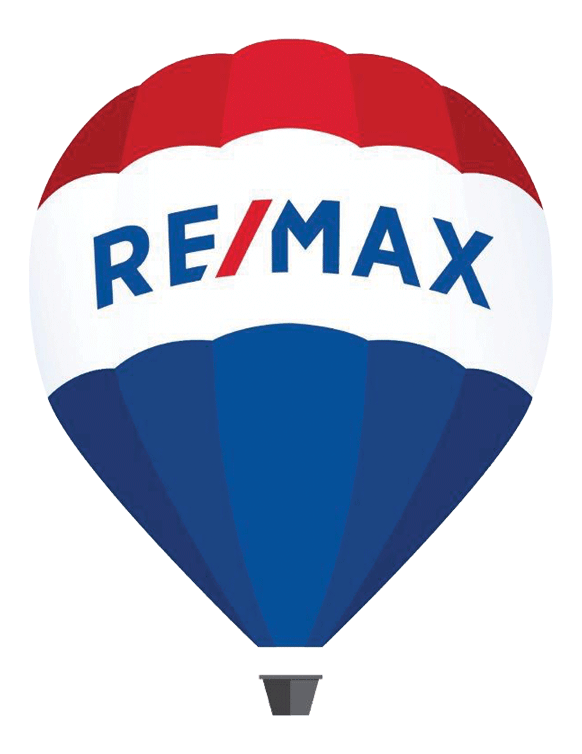Veterans' Guide to Accessible Housing Resources
- team902082
- Nov 17, 2025
- 4 min read
Navigating the world of housing can be a daunting task, especially for veterans who may face unique challenges. Whether it's adapting to a new lifestyle after service or finding a home that meets specific accessibility needs, the journey can be overwhelming. Fortunately, there are numerous resources available to help veterans secure accessible housing. This guide aims to provide a comprehensive overview of these resources, ensuring that veterans can find the support they need to create a comfortable living environment.

Understanding Accessible Housing
Accessible housing refers to homes designed or modified to accommodate individuals with disabilities or specific needs. For veterans, this can mean homes equipped with features that support mobility, sensory needs, or other health-related requirements. Understanding what constitutes accessible housing is the first step in finding the right home.
Key Features of Accessible Housing
Ramps and Elevators: Essential for those who use wheelchairs or have mobility challenges.
Wider Doorways: Allows for easy navigation through the home.
Grab Bars: Installed in bathrooms and other areas to provide support.
Open Floor Plans: Reduces obstacles and enhances movement throughout the space.
Adjustable Fixtures: Such as sinks and countertops that can be modified for height.
Federal Housing Resources for Veterans
The federal government offers various programs and resources specifically designed to assist veterans in finding accessible housing. Here are some key programs to consider:
1. VA Home Loan Benefits
The U.S. Department of Veterans Affairs (VA) provides home loan benefits that can help veterans purchase homes, including those that are accessible. Key features include:
No Down Payment: Many veterans can secure a loan without a down payment.
Competitive Interest Rates: VA loans often come with lower interest rates compared to conventional loans.
No Private Mortgage Insurance (PMI): This can save veterans significant money over time.
2. Specially Adapted Housing (SAH) Grant
The SAH grant is designed to help veterans with certain service-connected disabilities adapt their homes to meet their needs. This can include:
Building a new accessible home.
Modifying an existing home to include necessary features.
3. Veterans Housing Rehabilitation and Modification (VHRM) Grant
This grant assists veterans in making necessary modifications to their homes to improve accessibility. It can cover:
Bathroom modifications.
Kitchen adjustments.
General home repairs.
State and Local Housing Resources
In addition to federal programs, many states and local governments offer resources for veterans seeking accessible housing. Here are some examples:
1. State Housing Finance Agencies
Most states have housing finance agencies that provide resources and assistance for veterans. These agencies may offer:
Low-interest loans for home purchases.
Grants for home modifications.
Rental assistance programs.
2. Local Nonprofits and Organizations
Numerous nonprofit organizations focus on helping veterans find accessible housing. Some notable examples include:
Homes for Our Troops: This organization builds and donates specially adapted homes for severely injured veterans.
Habitat for Humanity: Offers affordable housing solutions and may assist veterans with accessibility modifications.
Finding Accessible Housing
Once you understand the resources available, the next step is to find accessible housing. Here are some strategies to consider:
1. Online Housing Platforms
Utilize online platforms that specialize in accessible housing listings. Websites like Zillow, Realtor.com, and local real estate sites often have filters for accessibility features.
2. Work with Real Estate Agents
Consider working with a real estate agent who has experience in accessible housing. They can help you navigate the market and find homes that meet your specific needs.
3. Visit Potential Homes
When visiting potential homes, pay attention to the following:
Accessibility Features: Ensure the home has the necessary modifications or space for future adaptations.
Neighborhood: Consider the accessibility of the surrounding area, including public transportation and local amenities.
Financial Assistance for Modifications
If you find a home that meets your needs but requires modifications, several financial assistance options are available:
1. Home Improvement Loans
Many banks and credit unions offer home improvement loans specifically for veterans. These loans can help cover the costs of necessary modifications.
2. Grants for Accessibility Modifications
In addition to the VHRM grant, other organizations may offer grants for home modifications. Research local nonprofits and foundations that support veterans.
Support Networks for Veterans
Connecting with other veterans can provide valuable support and information regarding accessible housing. Consider joining local veteran organizations or online forums where you can share experiences and resources.
1. Veteran Service Organizations (VSOs)
Organizations like the American Legion and Veterans of Foreign Wars (VFW) often have resources and support networks for veterans seeking housing assistance.
2. Online Communities
Social media groups and online forums can be excellent places to connect with other veterans. These platforms often share tips, resources, and personal experiences related to accessible housing.
Conclusion
Finding accessible housing as a veteran may seem challenging, but numerous resources are available to support you. From federal programs to local organizations, understanding your options is crucial in securing a comfortable living environment. Remember to leverage the support of fellow veterans and professionals in the field. By taking advantage of these resources, you can create a home that meets your needs and enhances your quality of life.
As you embark on this journey, stay informed and proactive. The right home is out there, and with the right support, you can find it.




Comments